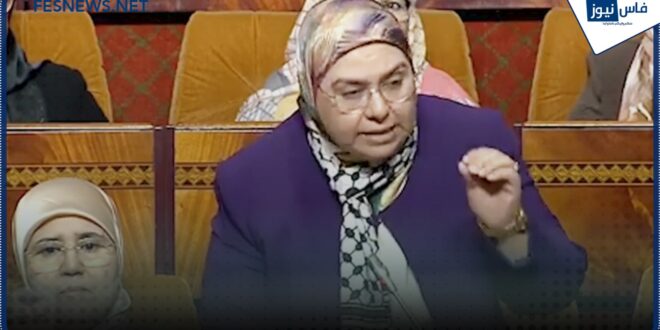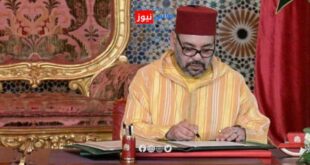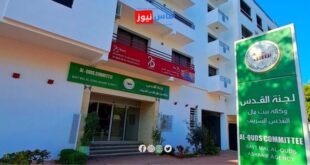During the parliamentary session held on December 23, a Moroccan MP voiced strong dissatisfaction with the growing prevalence of corruption in the country, warning of its severe economic and social repercussions. She highlighted that the situation has worsened significantly, citing Morocco’s noticeable decline in international anti-corruption rankings, dropping from 73rd to 97th in Transparency International’s index.
The MP outlined the economic consequences of corruption, which cost Morocco an estimated 50 billion dirhams annually and have resulted in the loss of approximately 120,000 jobs to date. She argued that corruption is a major obstacle to the country’s economic and social development.
Beyond the figures and statistics, the MP criticized certain political practices, expressing disapproval of alleged nepotism in recent government appointments. She claimed that weekly government appointments often lack merit-based criteria, exacerbating the crisis and institutionalizing corruption within public institutions.
The MP also criticized the Minister of Agriculture, questioning the timing of financial distributions to farmers, which she alleged were politically motivated and aimed at securing electoral support. She further claimed that government initiatives such as the “Awrach” and “Forsa” programs have failed to deliver tangible results, accusing the government of falling short on its promises to the Moroccan people.
In her intervention, the MP called for the reactivation of the National Anti-Corruption Strategy, which she said had been stalled, along with the withdrawal of related legislative proposals. She urged the government to take serious measures to combat corruption, warning that ignoring this issue could lead the country into uncharted territory.
Concluding her remarks, the MP directed a plea to the Prime Minister to convene the National Committee on Anti-Corruption and to strengthen its role in curbing corruption across various sectors.
source : fesnews media
 فاس نيوز ميديا جريدة الكترونية جهوية تعنى بشؤون و أخبار جهة فاس مكناس – متجددة على مدار الساعة
فاس نيوز ميديا جريدة الكترونية جهوية تعنى بشؤون و أخبار جهة فاس مكناس – متجددة على مدار الساعة












